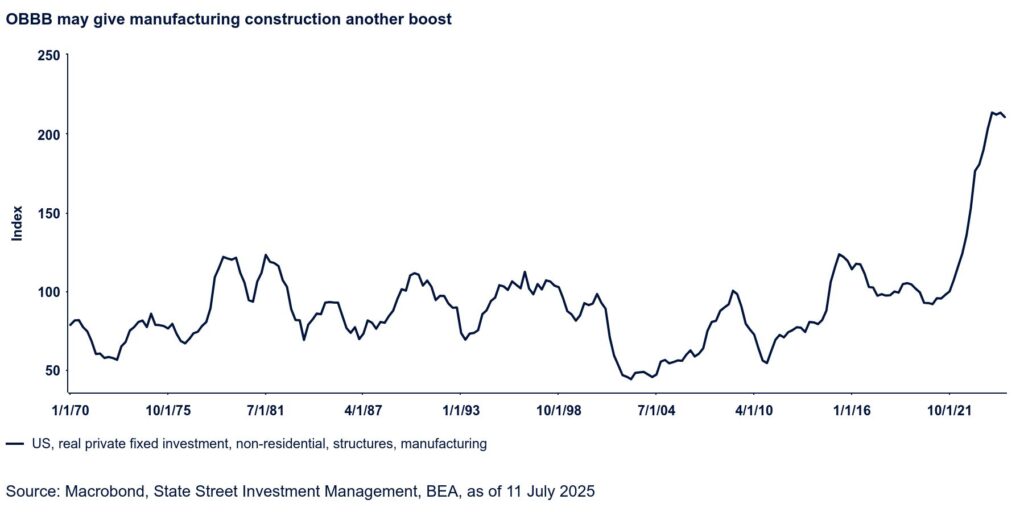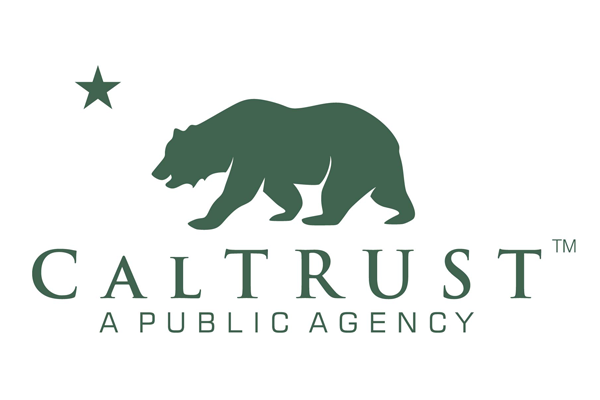The One Big Beautiful Bill brings tax clarity amid global trade uncertainty.
The big beautiful bill is now law
The signing into law of the One Big Beautiful Bill (OBBB) marks the second most important economic policy development since the April 2 tariff announcements. Given persistent uncertainty around trade, immigration, and even monetary policy, perhaps OBBB’s most important immediate contributions are clarity on the path ahead and the avoidance of yet another episode of debt-ceiling drama.
As with much else in life, how one interprets the bill and its likely impact depends very much on the perspective taken. Specifically in regards to budgetary impact, whether one chooses to compare OBBB with a “current law” versus “current policy” baseline makes a big difference, with the former showing a $3+ trillion increase in the deficit over the 10-year window and the latter shows none. In our view, neither comparison is truly realistic. A pure “current law” trajectory would have implied significant tax hike in 2026 and would have pretty much guaranteed a recession. We believe this is something that policymakers would have tried very hard to avoid irrespective of the November elections outcome. By the same token, a “current policy” comparison disregards newly introduced tax cuts and likely flatters the cost estimates. Additionally, so many other hard to quantify forces impact long-term budget estimates (tariffs, immigration, AI, interest rates) that we are weary of any false sense of precision in these long-term estimates.
We would highlight the following:
When combined with other policy actions (such as tariffs) the OBBB likely does not worsen the deficit materially, but neither does it improve it at a time when it really should be improved. Mere lack of progress is a negative here.
The tax cut benefits are almost entirely on the individual side and largely in the form of avoiding potential increases. Nonetheless, there is a slight positive impact on household finances, especially in 2026.
On the corporate/investment side, the immediate positive may be the full expensing of manufacturing structures. Think of this as the carrot accompanying the tariff medicine, with the combo meant to incentivize manufacturing reshoring.
There are considerable changes in incentive distribution at the sector level (i.e., energy, defense, education) but we see these as less impactful on a macro level and more about incentive redistribution.
At the end of the day, it is too soon to set out high-confidence estimates of the bill’s long-term impact, since this will be materially shaped by factors not yet settled. In this, we agree with Treasury Secretary Bessent that the OBBB cannot be assessed in isolation. Tariffs and immigration remain in flux, but even so, businesses have a lot more clarity now on the tax structure going forward. We suspect the next couple of months will bring considerable clarity on the trade policy front as well, allowing companies to plan capital expenditures more confidently. This expectation underlines our more constructive views on 2026 growth (2.3% real GDP growth) relative to consensus.

